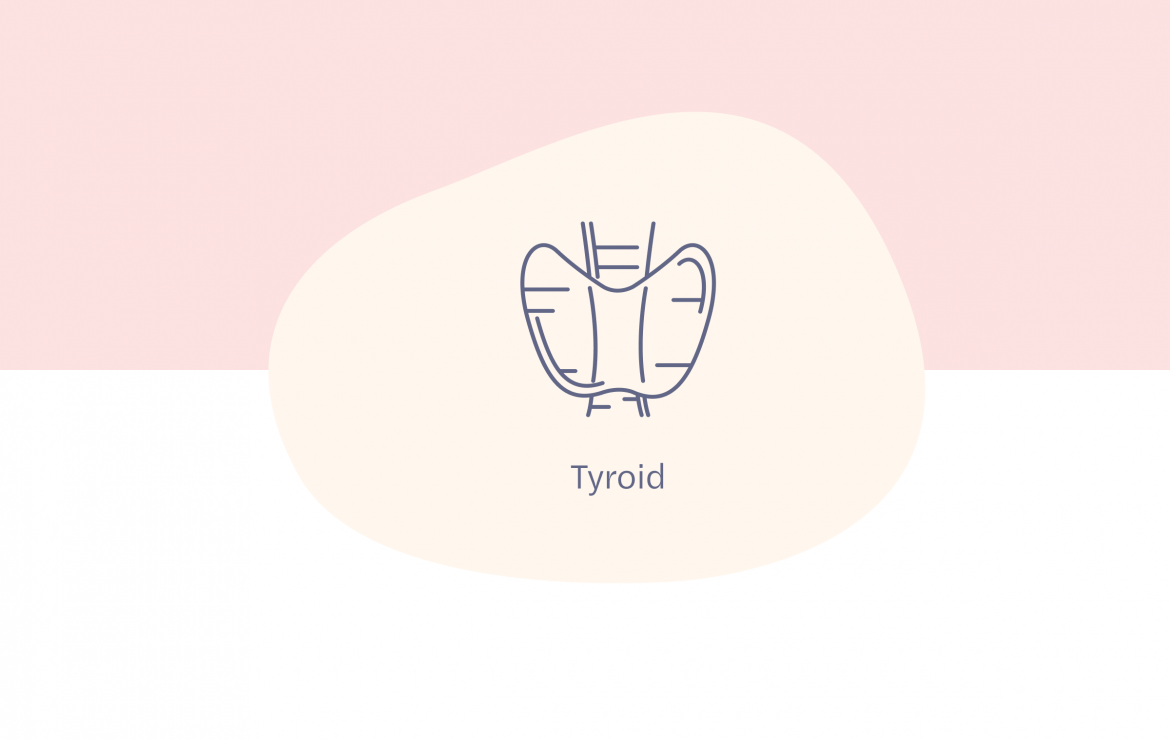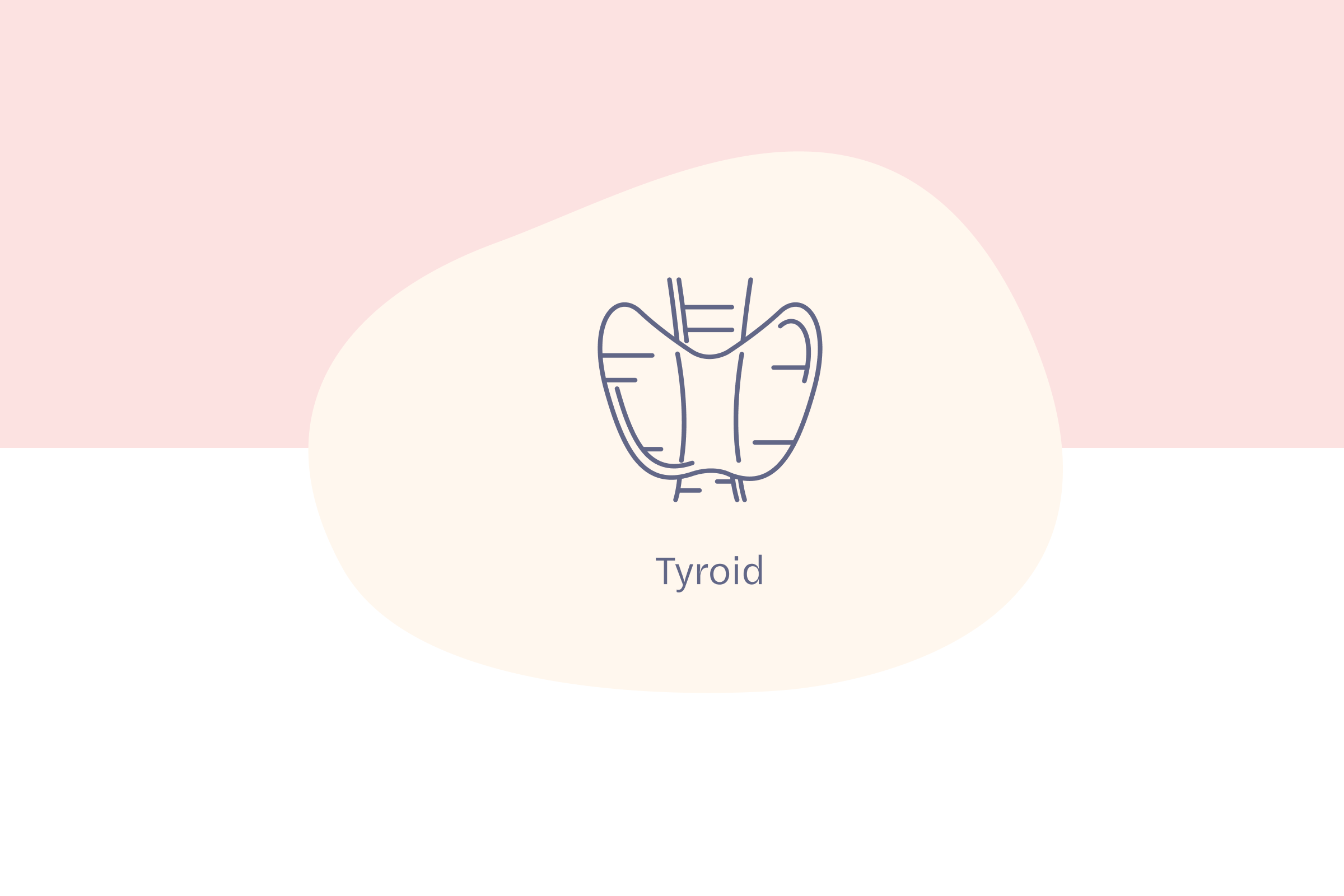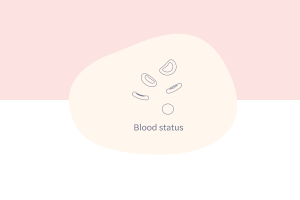Thyroid Stimulating Hormone (TSH)


Thyroid function
What is TSH?
Thyroid-stimulating hormone (TSH), also called thyrotropin, is a hormone that is produced by the pituitary gland in your brain. As its name suggests, TSH stimulates the thyroid gland that sits in front of your neck and tells it to produce and release thyroid hormones into your blood. When the levels of thyroid hormones in your blood are low, the pituitary gland will make more TSH.
Why is this analysis important?
TSH is often analyzed as a part of a “thyroid profile” together with free thyroxine (T4) and sometimes also free triiodothyronine (FT3) to give you an idea of whether your thyroid hormones are in balance.
If an imbalance is present, TSH levels can also help pinpoint where the problem lies – whether the thyroid gland or the pituitary gland is causing the problem. People with either an under-or overactive thyroid need to follow their TSH levels in the blood regularly to adjust and optimize their treatment.
In short, it is useful to analyze TSH levels in the blood to:
-
Detect an underactive thyroid (hypothyroidism)
-
Detect an overactive thyroid (hyperthyroidism)
-
Follow the effects of drug treatment for under- och overactive thyroid
-
Determine whether the pituitary gland is involved in a thyroid hormone imbalance
Results
The reference range for TSH levels in the blood can be different depending on the laboratory and technique used. Doctors usually also take into account a number of factors when evaluating TSH values.
High thyroid stimulating hormone (TSH) levels in the blood may be associated with:
-
Underactive thyroid (hypothyroidism)
-
Insufficient medication with thyroid replacement hormones
-
Overmedication with anti-thyroid medication
-
Problem in the pituitary gland, such as a TSH-producing tumour
-
Iodine deficiency
-
Transient viral or bacterial illness
Low thyroid stimulating hormone (TSH) levels in the blood may be associated with:
-
Overactive thyroid (hyperthyroidism)
-
Overmedication with thyroid replacement hormones
-
Insufficient anti-thyroid medication
-
Some benign thyroid nodules
-
Problems with the pituitary gland that prevents TSH production
-
High intake of iodine
-
Pregnancy
-
Transient viral or bacterial illness
Other Considerations
TSH levels in the blood can be affected by temporary infections such as common colds causing both high and low values.
To be able to follow your TSH values over time, the test should be taken at approximately the same time of the day, preferably always early in the morning.
Some medications, such as cortisone and lithium can give you lower than normal TSH levels.
Taking high levels of biotin (vitamin B7) supplement can affect the readings from your TSH test, giving you a falsely low value.
If you are taking thyroid replacement hormones, it may take up to 6 weeks before your TSH level reaches a new steady state after a dose adjustment.
Tests that include this marker
References
Laboratory assessment of thyroid function. Douglas S Ross, MD. UpToDate Nov 07, 2017









